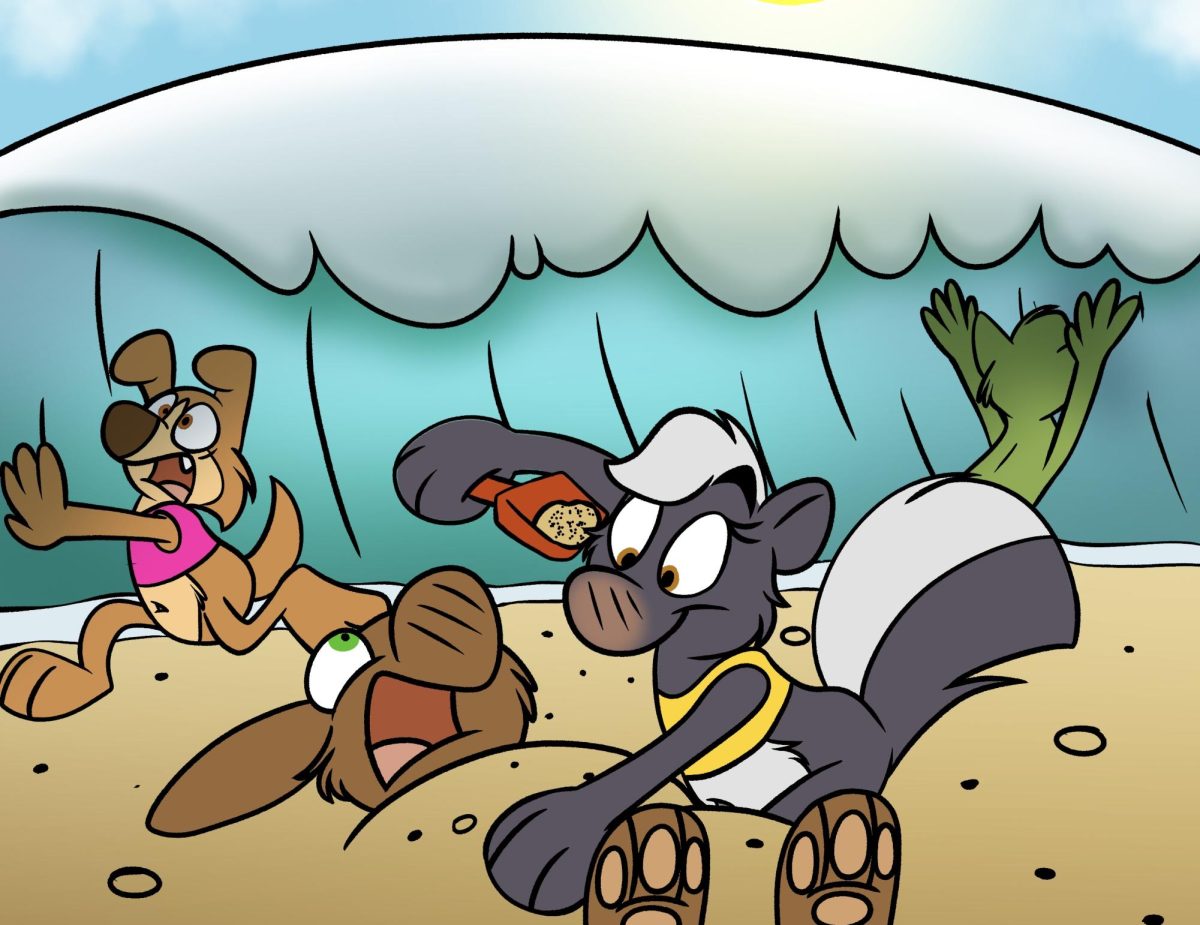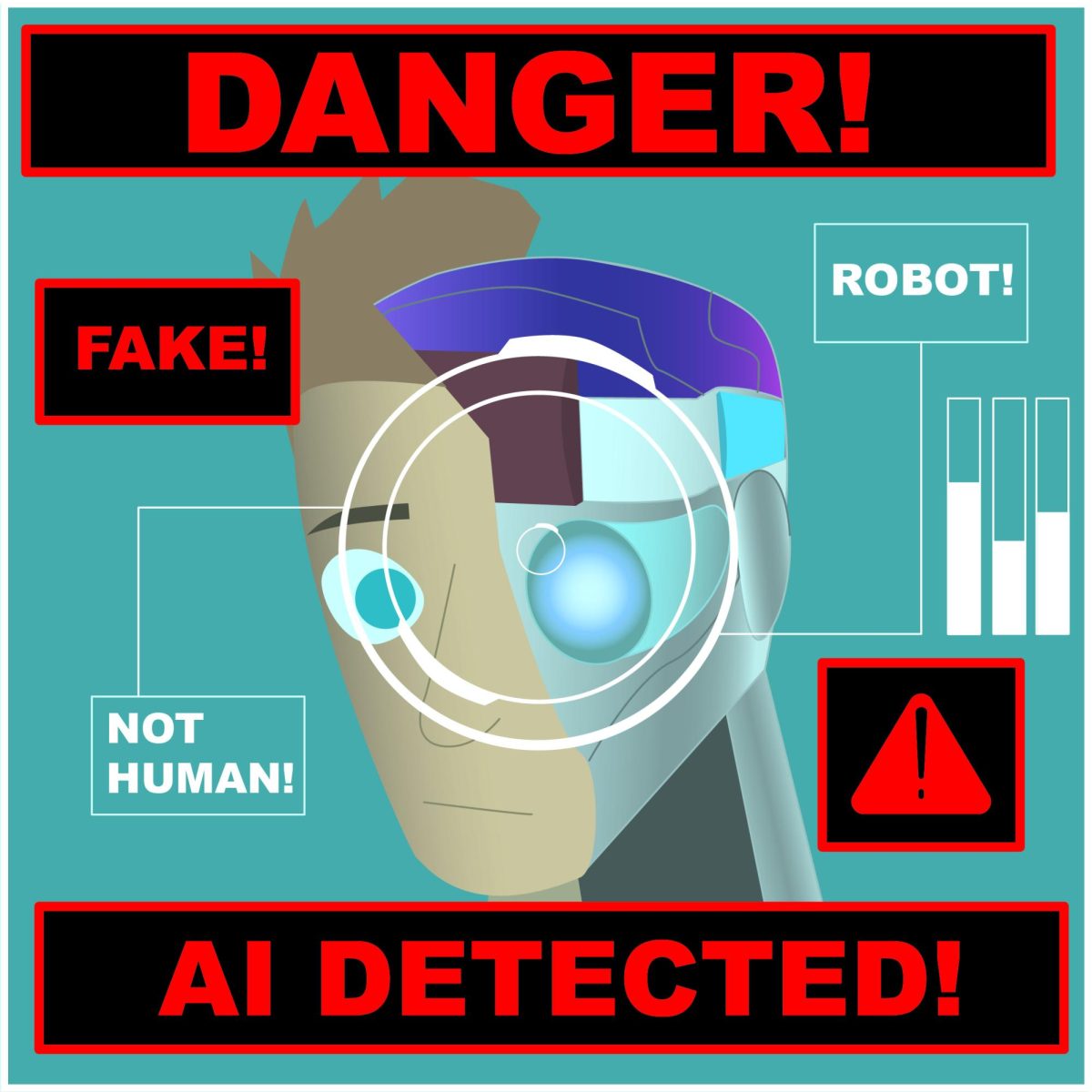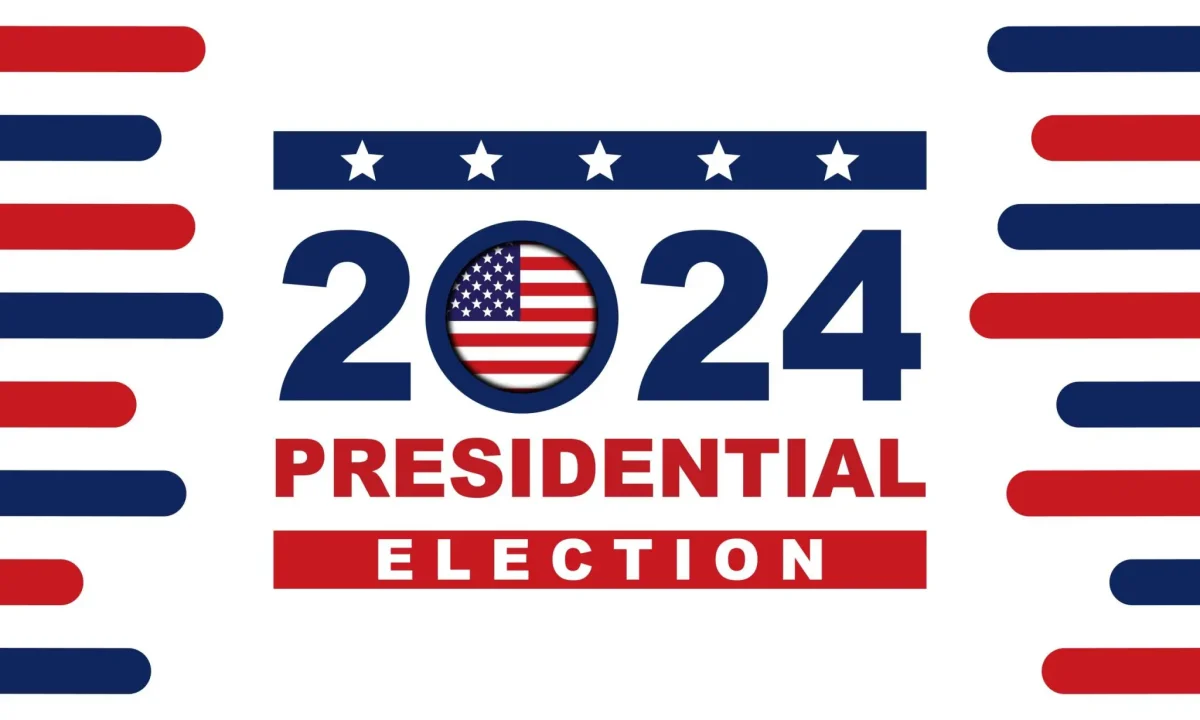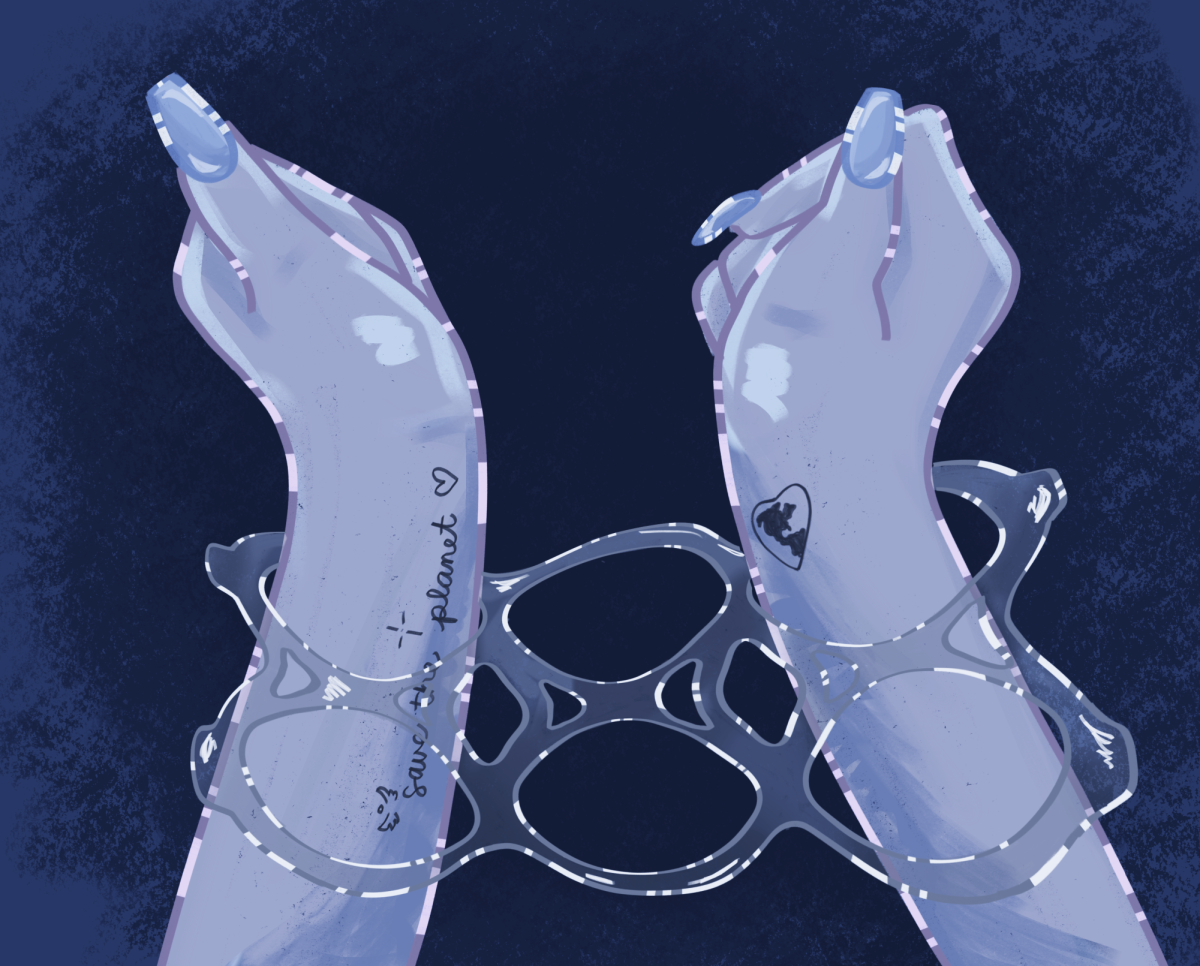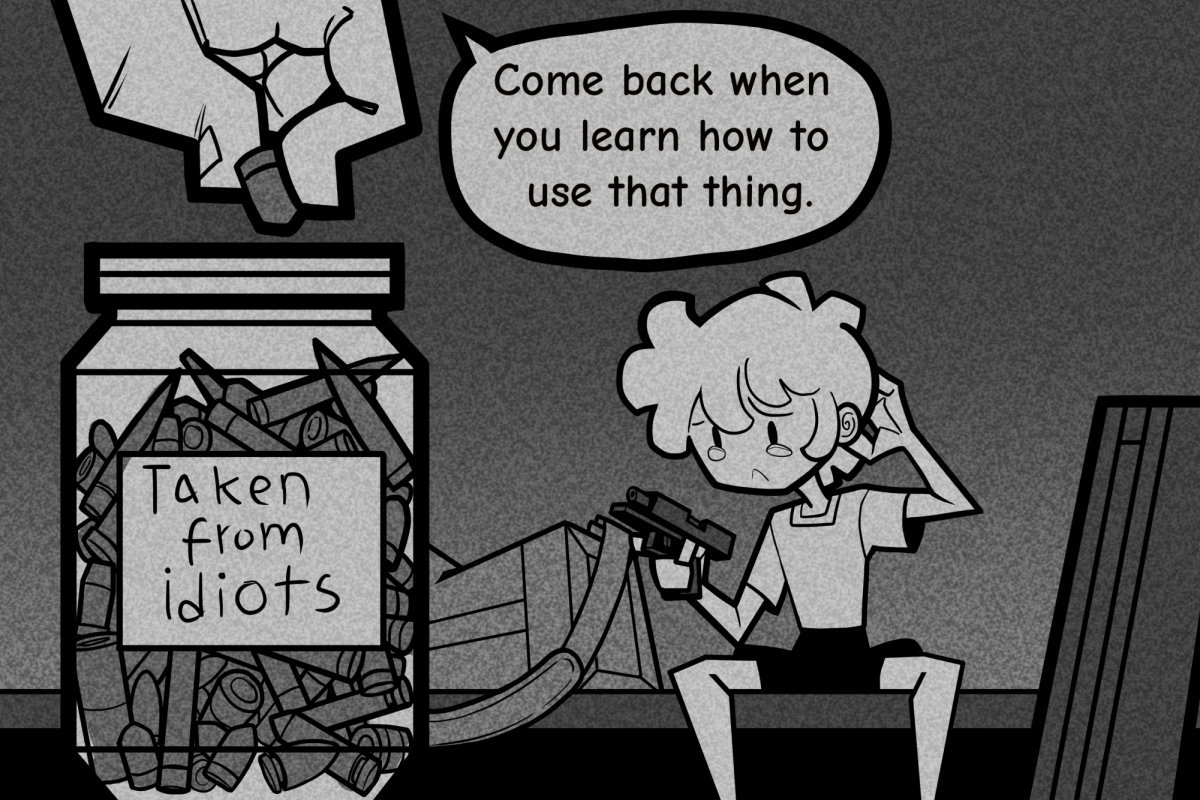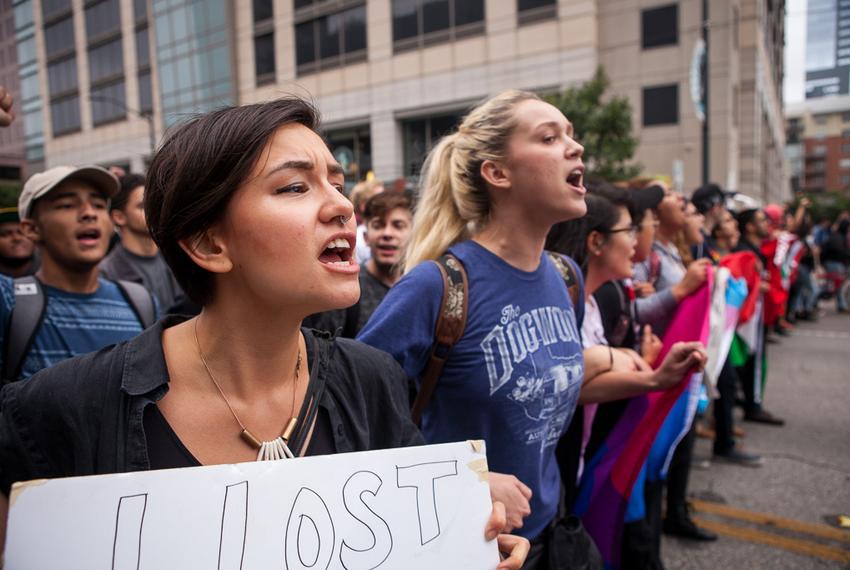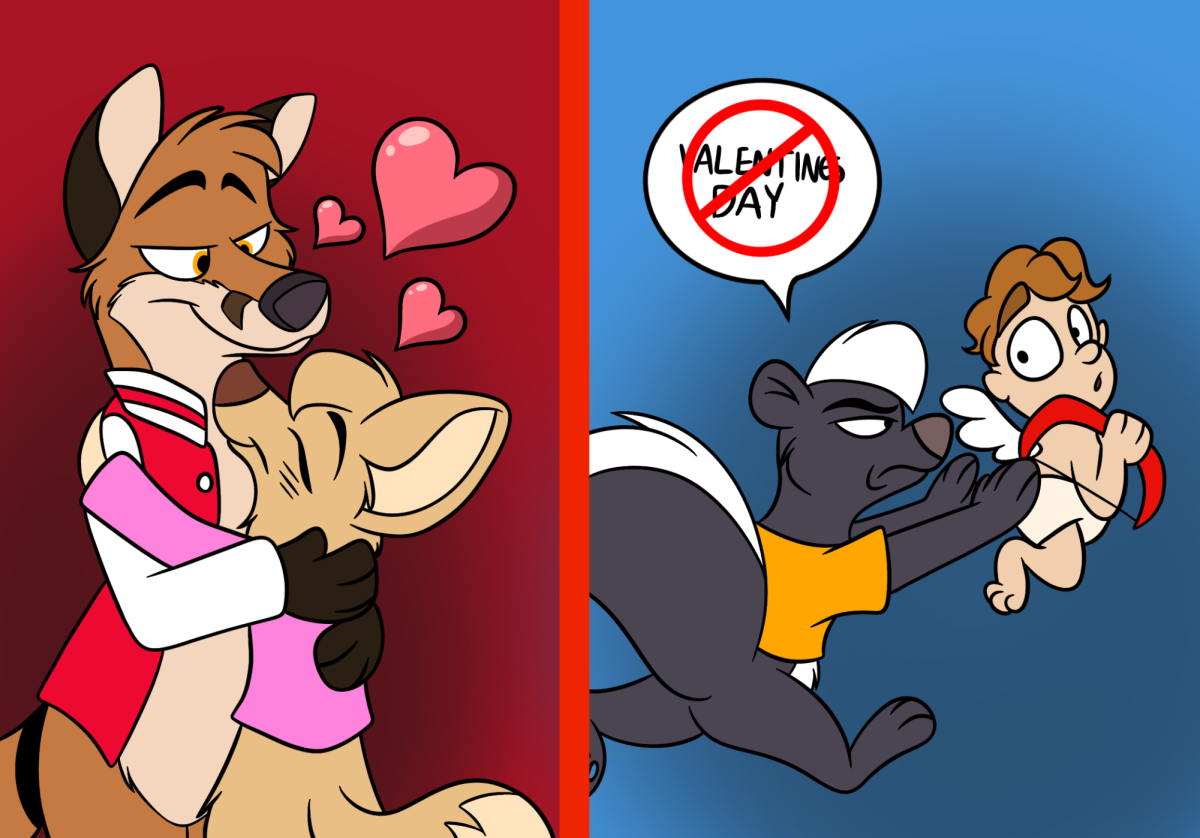By James Hartley
@JamesHartleyETC
On July 7, a man convinced that police were an evil authority purposely targeting innocent civilians took matters into his own hands.
During what was supposed to be a peaceful protest in Dallas against police conflict with minorities across the nation, he killed five police officers and injured other officers and civilians.
While this unforgivable act is only the fault of the man who fired the gun, we will eventually have to ask ourselves how he got to that point.
The villainous portrayal of police in media paired with the constant cries of hate from racist movements like Black Lives Matter have undoubtedly contributed to the stigma that led to the attack.
What kind of actions should we expect when a video of a mother telling her young children to resist police because they are racist goes viral or when politicians and media outlets declare officers guilty of murder before a body is even cold, much less before any investigation has happened?
Police who act rude, cold or hostile are only a minority, but they are enough to further perpetuate the negative stereotypes surrounding all police.
On the flipside, the portrayal of civilians in the media as people who are ungrateful, criminal or hateful toward police does nothing to make a community safer or a law enforcement officer more comfortable and relaxed in their job.
Most of the time, these perceptions don’t lead to tragic events like the July 7 shooting.
Instead, they lead to distrust and an unwillingness from both sides to see the other as human.
They also make it more difficult to create a safe environment for both police and civilians.
When we dig into the causes of this stressed relationship between citizens and law enforcement, we’ll find that the root is a lack of understanding and communication.
In order to combat the violence and hate, the need for strong relationships between the community and police is becoming increasingly vital.
The Eastfield Police Department is taking steps to increase positive perception in the community, from hosting a now-annual National Night Out party to a coffee sit-down with Chief Michael Horak to engaging students in simple conversations in the halls.
Officers take efforts to get to know the struggles students face and the safety concerns they may have.
Whether through personal conversations, panel discussions or town hall meetings, our Police Department does a lot to stay connected and build relationships.
Students have noticed this effort and joined in.
Outside of Eastfield, police are made the stars of viral videos where they show random acts of kindness.
Dallas police walk kids to and from school. Videos on social media show one police officer playing basketball with neighborhood children and another buying a financially struggling parent a car seat for their toddler.
In places like these, the police have taken the first steps.
At that point, the burden is on the community to reciprocate.
By building emotional connections, these police can have an influence on the choices children make as they grow up and the direction a neighborhood moves with its crime rates and financial prosperity.
Without these connections, community members and police are mistrusting and more likely to believe the negative stereotypes.
While profiling based off appearance has its legitimate uses, a lack of a relationship with the communities they protect can lead police to overuse profiling in unnecessary cases.
Community policing only works if both sides are willing to cooperate with each other, build trust and make sacrifices, just as any more personal relationship.
This relationship makes sense. After all, civilians and law enforcement share a goal of making communities safe. Civilians want to have safe neighborhoods.
Police want to keep communities safe by enforcing the law and stopping crimes through intervention and prevention whenever possible.
The cure for this culture of hate and misunderstandings is patience, an active effort to understand the other side and active listening.
Without patience, we jump to conclusions about the motives behind the other side’s actions and will fail in all our attempts to build a strong relationship.
If we put in the work, communicate and build this relationship, perhaps the next tragedy can be prevented.
In wake of July 7 attack, community policing becomes more vital than ever
October 31, 2016
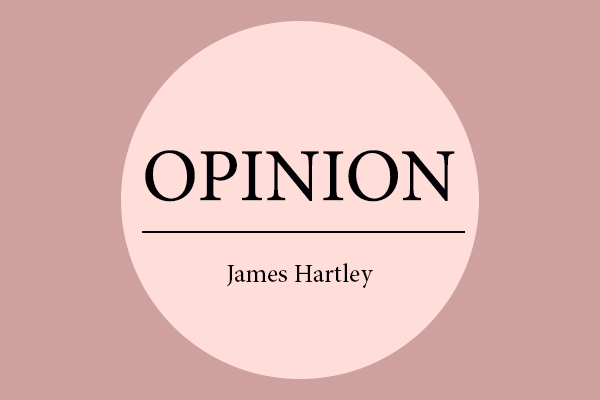
0
Tags:
More to Discover

